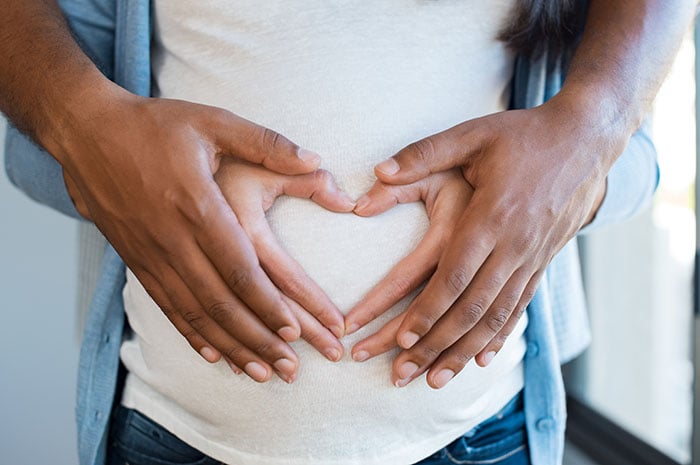What We Know about Zika and Pregnancy
Zika is a virus spread to people primarily through the bite of an infected mosquito. Zika infection during pregnancy can cause serious birth defects.
What we know

- Zika virus can be passed from a pregnant person to their fetus.
- Infection during pregnancy can cause serious brain and eye defects. It may also cause neurodevelopmental abnormalities like
- problems with hearing and vision
- joints with limited range of motion
- seizures
- too much muscle tone, restricting body movement
- swallowing abnormalities
- possible developmental delay
- Zika primarily spreads through bites from infected mosquitoes. You can also get Zika through sex without a condom with someone infected by Zika, even if that person does not have symptoms of Zika.
- There is no vaccine to prevent or medicine to treat Zika.
- People who are pregnant should not travel to areas with a Zika outbreak (as indicated by red on the Zika map). Before travel to other areas with risk of Zika (as indicated by purple on the Zika map), people considering pregnancy should talk with their doctors or other healthcare providers and carefully consider risks and possible consequences of travel.
What we have learned about Zika and pregnancy
When the Zika outbreak began, there were many unknowns. Since then, we have learned a lot about Zika virus infection during pregnancy because of the rich data that were collected. CDC worked with health departments to set up systems to collect information about people exposed to Zika during pregnancy and their babies after birth. This helped us to answer many questions about how Zika virus can affect babies.
- How does Zika affect pregnancies?
Certain types of birth defects can happen from Zika virus infection during pregnancy. Several brain and eye defects were more commonly reported. - How often do babies have birth defects if their mothers had Zika while pregnant?
About 5% of babies born to people with Zika while pregnant had Zika-associated birth defects. Additionally, some babies affected by Zika during pregnancy might look healthy at birth but can develop long-term health problems as they grow. - When during pregnancy does Zika cause harm to the baby?
Infection during early pregnancy may be more likely to cause birth defects, but we have seen babies with birth defects born to people infected with Zika anytime during pregnancy. - If a pregnant person has Zika symptoms, is her baby more likely to have birth defects?
We found a similar frequency of birth defects between mothers with and without Zika symptoms. - Are babies getting the care they need?
Many babies exposed to Zika in pregnancy were not reported receiving the recommended examinations (physical and developmental exam, brain imaging, hearing test, eye exam) during their first year of life.
What we do not know
- How likely it is that a Zika infection will affect your pregnancy.
- If your baby will have birth defects if you are infected while pregnant.
- The full range of health effects that Zika during pregnancy might lead to.
What we are doing to learn more
- CDC will collect information on some babies affected by Zika up until the children are age 5 years. We want to learn more about any other brain or developmental problems that children who were exposed to Zika virus during pregnancy might experience.
Related Fact Sheets
Zika: What We Have Learned
English [322 KB, 1 Page, 508] | Spanish [369 KB, 1 Page, 508]
Page last reviewed: July 1, 2022